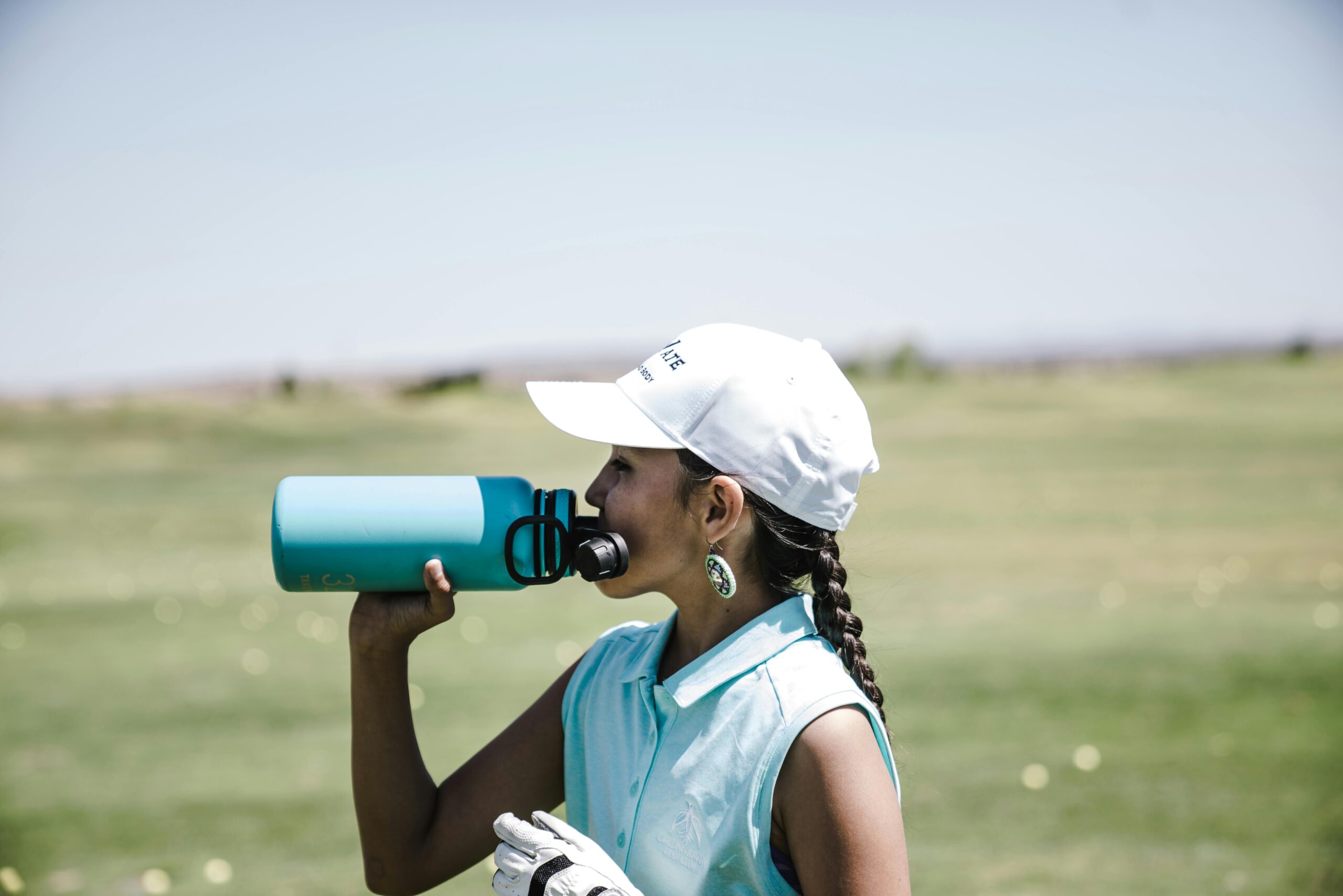Muscle cramps are a frequent and often painful condition marked by abrupt, involuntary contractions of a muscle or group of muscles. While cramps can affect any muscle, they are most common in the calves, feet, and thighs. One of the key factors linked to muscle cramps is an imbalance in electrolytes. Electrolytes, which are vital minerals with an electrical charge, are important for hydration and muscular function. This article will explore how electrolytes impact muscle function, their role in preventing cramps, and how to maintain balanced electrolyte levels for optimal health.
What Are Electrolytes?
Electrolytes are minerals that dissolve in body fluids and carry an electrical charge, enabling them to facilitate essential physiological processes. The body’s main electrolytes are:
- Sodium (Na+)
- Potassium (K+)
- Calcium (Ca2+)
- Magnesium (Mg2+)
- Chloride (Cl-)
- Phosphate (PO4^3-)
- Bicarbonate (HCO3-)
These minerals are vital for maintaining a range of bodily functions, such as regulating nerve impulses, muscle contractions, fluid balance, and pH levels. An imbalance in these electrolytes, often due to dehydration, poor diet, or intense physical activity, can result in muscle cramps and other health issues.
The Connection Between Electrolytes and Muscle Function
Electrolytes are central to muscle function due to their role in transmitting electrical impulses. Muscle contraction is a complex process that depends on the interaction between muscle fibers and nerves. Here’s how specific electrolytes contribute to muscle health and cramp prevention:
1. Potassium (K+)
Potassium is essential for maintaining the electrical conductivity of muscle cells. It facilitates the control of muscle contractions and nerve impulses. When potassium levels drop too low (a condition called hypokalemia), it can disrupt muscle function and lead to cramps. Potassium works in concert with sodium to maintain the body’s fluid balance and facilitate the generation of muscle contractions.
Sources of Potassium: Bananas, oranges, sweet potatoes, avocados, and spinach are excellent sources of potassium that can help maintain balanced levels and prevent muscle cramps.
2. Sodium (Na+)
Sodium is another critical electrolyte that plays a role in maintaining fluid balance and nerve function. It helps transmit nerve impulses, which are necessary for muscle contractions. During intense physical activities, especially in hot weather, the body loses sodium through sweat. A significant loss of sodium can lead to cramps, fatigue, and overall muscle weakness.
Sources of Sodium: Sodium is found in common table salt and is also present in processed foods. While it’s important to replenish sodium after intense sweating, excessive sodium intake should be avoided as it can lead to high blood pressure and other health issues.
3. Calcium (Ca2+)
Calcium is crucial for muscle contractions. When a nerve signal reaches a muscle fiber, it triggers the release of calcium ions within the muscle cells, initiating the contraction process. If calcium levels are insufficient, muscle contractions may be weak, prolonged, or accompanied by cramps.
Sources of Calcium: Dairy products such as milk, cheese, and yogurt, as well as fortified plant-based milk, leafy greens, and almonds, are great sources of calcium.
4. Magnesium (Mg2+)
Magnesium plays a supportive role in muscle relaxation. As a natural calcium blocker, it aids in the relaxation of muscles after they have contracted. A deficiency in magnesium can lead to excessive muscle contractions, resulting in cramps or spasms.
Sources of Magnesium: Nuts, seeds, whole grains, and leafy green vegetables are excellent sources of magnesium that help maintain muscle health and prevent cramping.
Causes of Electrolyte Imbalance
Several factors can disrupt the balance of electrolytes in the body, increasing the risk of muscle cramps:
1. Dehydration
The body becomes dehydrated when it loses more fluids than it takes in, which causes an electrolyte imbalance. This can result from sweating during intense exercise, hot weather, or inadequate water intake. Without enough fluids to carry these minerals, muscle cells may become more prone to cramping.
2. Dietary Deficiencies
A diet lacking in essential minerals can lead to an electrolyte imbalance. Consuming highly processed foods with little nutritional value can deplete the body’s stores of crucial electrolytes like potassium and magnesium, increasing the risk of cramps.
3. Excessive Sweating
Sweating during exercise or due to heat can result in significant loss of electrolytes, particularly sodium and potassium. If these electrolytes are not replenished, muscle function can be impaired, leading to cramps and fatigue.
4. Health Conditions and Medications
Certain health conditions, such as kidney disease or hormonal imbalances, can disrupt the body’s electrolyte levels. Additionally, some medications, such as diuretics and certain blood pressure medications, can lead to a loss of essential electrolytes, increasing the risk of muscle cramps.
How to Prevent Muscle Cramps Through Proper Electrolyte Balance
Maintaining the right balance of electrolytes is essential for preventing muscle cramps and supporting overall health. The following helpful recommendations can help you strike this balance:
1. Stay Hydrated
Proper hydration is key to maintaining electrolyte balance. Drinking water regularly throughout the day helps ensure that electrolytes are transported effectively to the muscles. During and after exercise, especially in hot weather, it’s important to replenish fluids with water or an electrolyte drink.
2. Consume Electrolyte-Rich Foods
Incorporating foods rich in key electrolytes into your diet can help prevent muscle cramps. Some suggestions include:
- Potassium: Bananas, oranges, sweet potatoes, and tomatoes
- Sodium: Salty snacks in moderation, or rehydration solutions after heavy sweating
- Calcium: can be found in leafy greens, dairy products, and fortified plant-based milk.
- Magnesium: Almonds, spinach, and pumpkin seeds
3. Use Electrolyte Supplements When Necessary
For those engaging in prolonged physical activities or athletes training in extreme conditions, electrolyte supplements may be beneficial. Sports drinks, electrolyte tablets, or powders can help replenish lost minerals. However, these supplements should be used wisely and not replace a well-rounded diet.
4. Warm-Up and Stretch
Proper warm-up and stretching before exercise can enhance blood flow to the muscles and improve flexibility. This helps prepare the muscles for exertion and reduces the risk of cramps.
5. Monitor Diet and Lifestyle
Maintaining a balanced diet that includes a variety of fruits, vegetables, nuts, and lean proteins can help ensure adequate intake of essential electrolytes. Avoiding excessive consumption of diuretics like caffeine and alcohol can also help maintain fluid and electrolyte balance.
When to Seek Medical Advice
While occasional muscle cramps are usually harmless, frequent or severe cramps may indicate an underlying issue that requires medical attention. Consult a healthcare provider if:
- Cramps are recurrent and impact daily activities.
- You experience muscle cramps accompanied by weakness or swelling.
- Cramping is associated with an underlying medical condition or medication.
Conclusion
Electrolytes are vital for maintaining muscle health and preventing cramps. By understanding their role in muscle function and how to balance them, individuals can take proactive steps to minimize cramps and enhance overall well-being. Hydration, a nutrient-rich diet, and balanced lifestyle practices are key elements in ensuring that your body has the necessary electrolytes to function smoothly. When cramps persist or become a concern, consulting a healthcare professional is advisable to rule out any underlying medical conditions.



